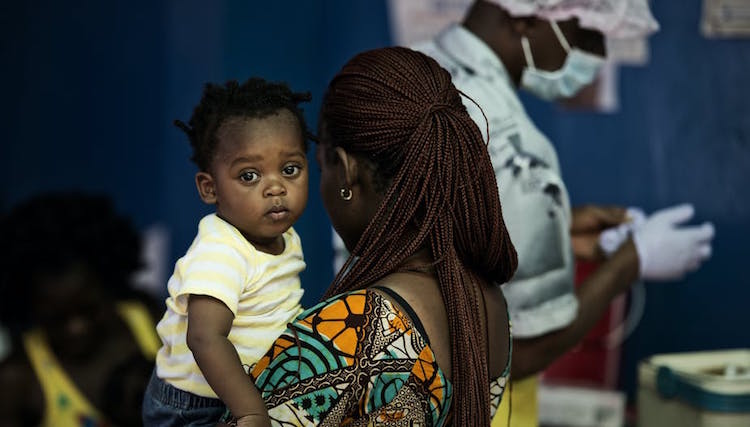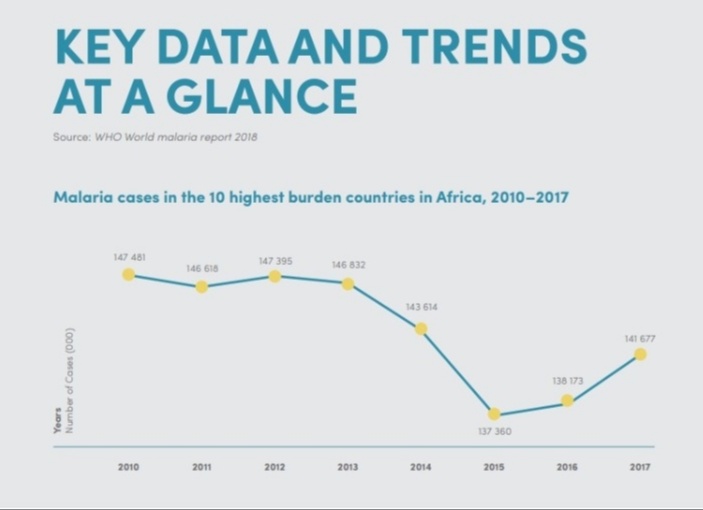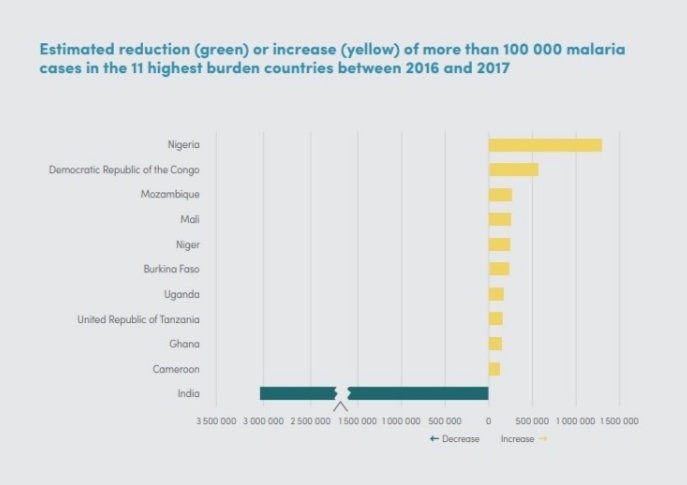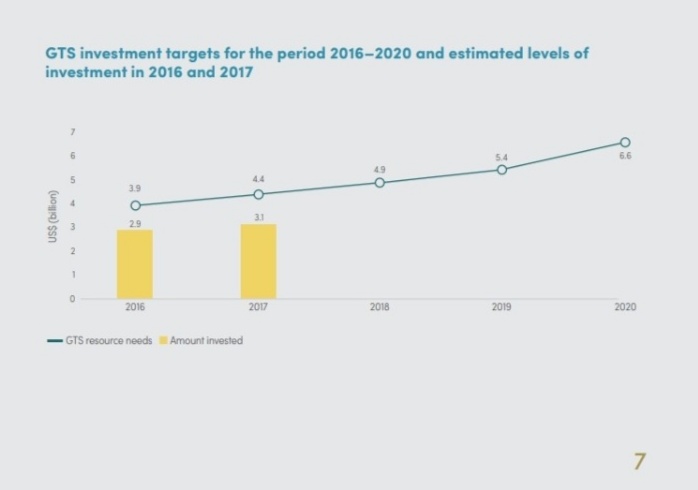Disruption Of Healthcare Due To COVID-19 Can Impact Fight Against Malaria

As anti-malarial drug hydroxychloroquine is in focus amid the COVID-19 crisis, the World Health Organisation and UNICEF have warned that the disruption of healthcare services can have an impact on the fight against malaria, especially in the sub-Saharan Africa where most malaria deaths happen.
The Global Technical Strategy for Malaria 2016-2030 calls for reducing malaria cases and deaths by at least 40 percent.
Under-five children accounted for 67 per cent of all malaria deaths worldwide in 2018. Most of the deaths occurred in sub-Saharan Africa, where an estimated 24 million children were infected with the deadliest form of malaria. Malaria is the third-deadliest infectious disease for children and the costs of treatment traps families in a cycle of illness, suffering and poverty. "While focusing on combating this disease, the world cannot afford to ignore other diseases, such as malaria," said UNICEF. India also accounts for 4 percent of global malaria cases.

Under-five children accounted for 67 per cent of all malaria deaths worldwide in 2018. Most of the deaths occurred in sub-Saharan Africa, where an estimated 24 million children were infected with the deadliest form of malaria. Malaria is the third-deadliest infectious disease for children and the costs of treatment traps families in a cycle of illness, suffering and poverty. "While focusing on combating this disease, the world cannot afford to ignore other diseases, such as malaria," said UNICEF. India also accounts for 4 percent of global malaria cases.



Latest Videos
















